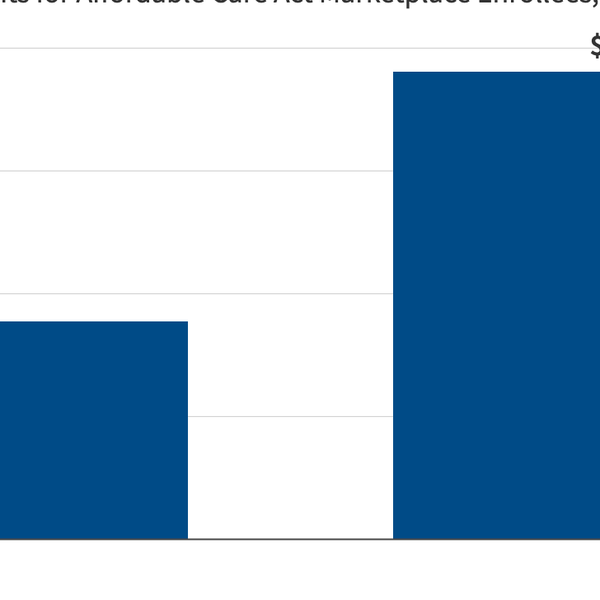Ray Madoff explains how to close the capital-gains loophole, in her column, “Two Tricks To Raising Capital-Gains Taxes Fairly:”
From Warren Buffett’s secretary to Mitt Romney’s tax returns to the general uprising against the 1 percent, tax reform is on everybody’s radar. In the cross hairs is the preferential treatment for capital gains.
Profits from investments are taxed at a maximum rate of 15 percent, which is less than half the 35 percent maximum tax rate imposed on wages and other ordinary income. One can hardly open a newspaper or click on a blog without seeing a call to eliminate this special rate for capital gains to increase fairness and raise federal revenue.
To achieve true fairness and generate increased revenue, however, it is necessary to make two more changes — to allow capital-gains taxpayers to account for inflation and to close the loophole that allows wealthy Americans to avoid capital- gains taxes altogether by passing on assets at death.
Before elaborating, I’ll explain why it’s smart to eliminate the preferential tax rate for capital gains.
First, the lower rates cost the government a significant amount of revenue. In 2008, if capital gains had been taxed at 35 percent instead of 15 percent, the federal treasury would have received an additional $100 billion. (Capital gains were unusually low that year; in 2007, the increase would have been closer to $200 billion.) In the next five years, the capital- gains preference will cost the government more than $450 billion, according to estimates from Congress’s Joint Committee on Taxation.
Second, preferential treatment of capital gains disproportionately benefits the wealthy. In the past 20 years, more than 80 percent of capital gains have gone to the wealthiest 5 percent of Americans, and half have gone to the wealthiest 0.1 percent — that is, the richest 1/10th of the 1 percenters. Most Americans who own stock don’t benefit from the lower rate because they own their stock through retirement plans. When proceeds from these plans are distributed to the taxpayer, they are subject to tax at ordinary income rates.
Finally, the special capital-gains rate makes it difficult to simplify the tax code. Much of its complexity is due to the myriad rules that are meant to ensure that income is properly categorized as ordinary income or capital gains. Eliminate the rate differential, and the tax code could become far less complex.








